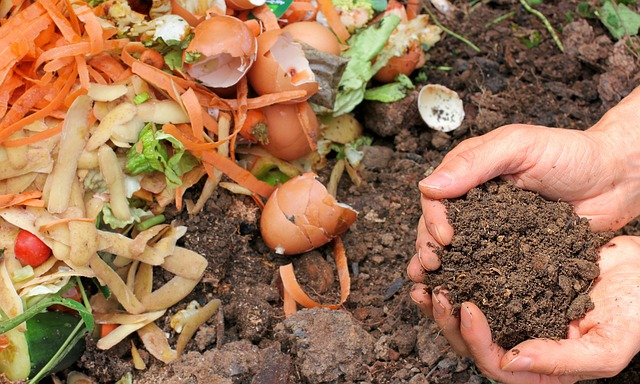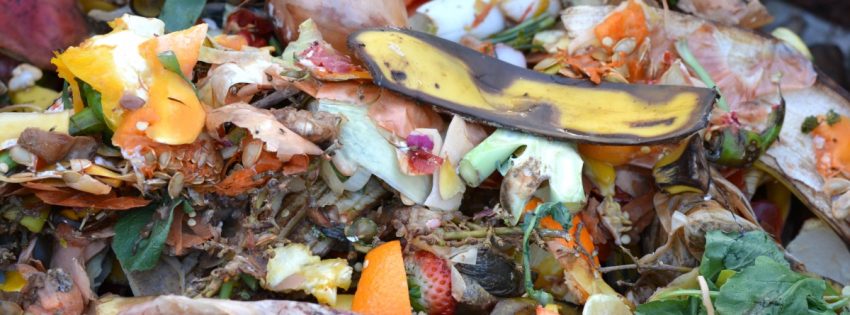Waste is a growing problem as consumption continues rising. But each of us has power to curb the waste we generate through smart daily habits. Little changes make a real dent in the garbage you produce. Try these tips to reduce your personal waste footprint.
Shop Smart
Rethink purchases to avoid excess packaging and single-use items. Skip bottled drinks by carrying a reusable water bottle. Bring your own shopping bags. Buy larger or economy sizes to reduce total packaging. Seek products with recyclable, compostable or minimal packaging. Choose long-lasting goods to delay replacement. Mending, repurposing and repairing helps maximize usefulness. Purchasing thoughtfully cuts waste at the source.
Plan out shopping to only buy what you really need and will use. Make a list and stick to it. Weigh wants versus needs – impulse purchases often end up in the trash. Select durable, classic items over trendy fast fashion. Well-made furniture, appliances and accessories last years with proper care. Cookware, tableware and textiles like bedding and towels can be invested in to last decades. Carefully compare quality and longevity when making purchases.
Use Reusables
Swap disposables for reusable versions of everyday items. Durable cups, straws, food containers and utensils eliminate waste. Carry your own reusable versions to avoid single-use items when out. Pack waste-free lunches and snacks in reusable containers. Swap paper towels and napkins for cloth versions. Look for reusable alternatives for batteries, facial rounds, ziplock bags and more. Creativity and research reveals reusable swaps for most disposables.
Try different materials to find the reusable products you prefer – silicone, glass, stainless steel, bamboo etc. Maintain them properly for longevity. Keep them handy in bags, cars and work areas to ensure use. For forgetful people, reminders and habits are key. Remove disposable products entirely from your home so reusables are used automatically. Teach children early to build lifelong zero-waste habits.
Compost Food Scraps

Up to 20% of waste comes from food scraps and yard waste. Compost these organics instead of trashing them. Designate a countertop bin to collect fruit peels, eggshells and other food waste for composting. Empty the bin regularly into an outdoor compost bin or indoor vermicomposting system. This nutritious waste gets new life as garden fertilizer. Or utilize city compost services if available. Keep compostables out of landfills.
Do research to choose the right composting method for your space and volume of waste. Turn and maintain compost piles properly. Balance carbon-rich “browns” like dried leaves with nitrogen-rich “greens”. Monitor moisture. Troubleshoot issues like odor or slow decomposition. Finished compost nourishes your garden naturally. If you don’t garden, gift compost to neighbors or community gardens. Close the loop by returning food scraps to the soil.
Recycle Right
Follow local guidelines to recycle all accepted materials. Never put recyclables in trash. Clean and sort recycling properly – no plastic bags, food residue or hazardous items. Avoid “wishcycling” unrecyclables hoping they get recycled. Bring hard-to-recycle stuff like Styrofoam to specialized depots. Opt for electronic statements versus paper bills. Recycle electronics, appliances, paint and more responsibly. Follow through with recycling makes the process work.
Learn exactly what your municipality accepts for curbside recycling. Flatten boxes, rinse containers, and break down items for efficiency. Keep recycling sorted neatly to avoid contamination. Research non-curbside recycling options for batteries, lightbulbs, and other items. Monitor recycling bin fullness and increase pickup frequency as needed. Calculate your baseline recycling volume so you can track progress over time. Understanding your role in recycling is key to truly reducing waste.
DIvert Food to People
Rather than tossing edible leftovers and foods nearing expiry, divert them to people in need. Donate quality excess goods to food banks and shelters. Share usable food in community groups. Use apps to link with neighbors who can utilize food about to be discarded. Planning meals wisely, buying only what you need, and properly preserving helps avoid waste too. Feeding people should be the priority.
Learn what local organizations accept food donations. Contribute produce from your garden. Volunteer at food redistribution groups. Educate yourself on food waste issues and solutions. frozen for months. With some coordination, nutritious food can reach bellies, not landfills. Adjust your own shopping and cooking to minimize waste. We can all help build community connections to reduce food insecurity.
Limit Overall Consumption
Carefully evaluate each purchase to avoid overconsumption and its ensuing waste. Rent or borrow seldom-used items rather than buying new. Seek quality goods that provide years of use. Buy and cook only what your household needs. Curb impulsive purchases. Assess necessities versus fleeting wants. Living more modestly with only essentials leads to less waste over time.
Analyze your habits to identify where overconsumption sneaks in – clothes, gadgets, toys etc. Reflect on purchases afterward to judge if they were worthwhile. Wait several days before buying non-essentials to let desire fade. Unsubscribe from promotional emails. Share and trade items with neighbors, friends, and community groups. Consumption mindfulness takes practice but pays dividends for your budget and the planet.
Reducing waste takes commitment but pays off through reduced disposal bills, resource conservation and helping the environment. Every small step makes a difference. With creativity and mindfulness, cutting personal waste is an attainable goal.

